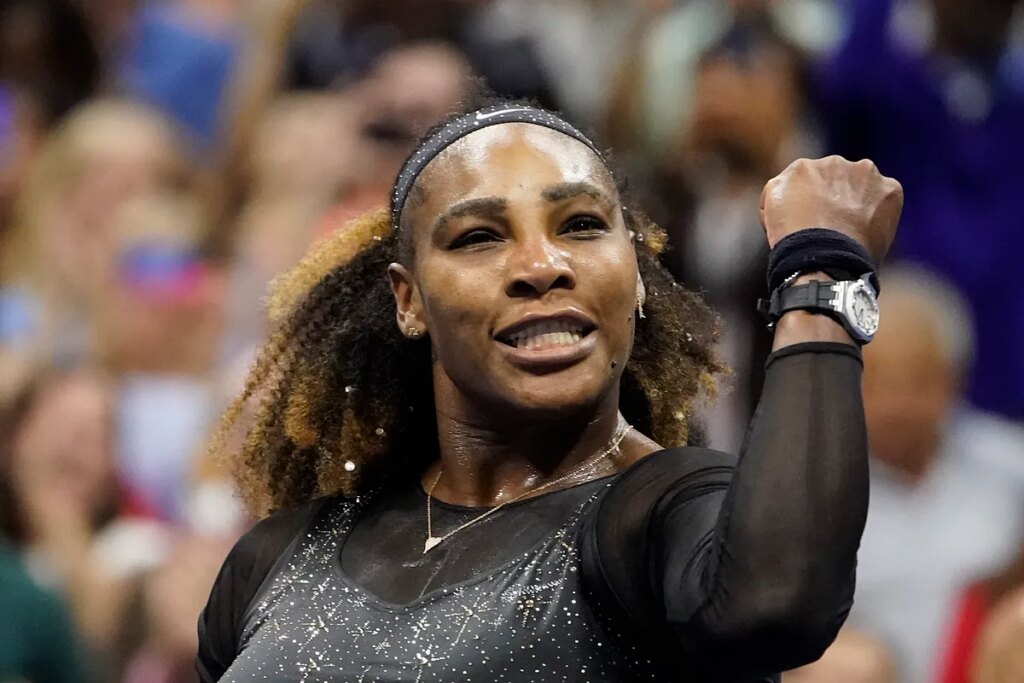Serena Williams has never been a stranger to scrutiny. From her dominance on the court to the constant conversation around her body, the 23-time Grand Slam champion has spent her career under a microscope.
In a 2018 Teen Vogue interview, she talked about how much body shaming she had to put up with, recalling: “People would say I was born a guy, all because of my arms, or because I’m strong.” Years later, the subject has resurfaced, this time tied to her decision to publicly embrace medical help for weight loss.
Williams recently appeared in People magazine celebrating a 31-pound weight loss, but the feature carried a corporate twist. It also promoted Ro, a telehealth service that provides access to GLP-1 medications, where her husband Alexis Ohanian sits on the board.
For some observers, the story raised questions about whether her personal journey was being overshadowed by the business angle. For Williams, however, it was a chance to share an honest account of her struggles.
Mouratoglou recalls tense conversations
Her longtime coach, Patrick Mouratoglou, who helped guide her to many of her titles, admitted the topic of weight was often a flashpoint in their partnership.
“Oh I remember it very well,” he said when asked about those years. “It was after the pregnancy – not right after; I know these things take time. I told her: ‘Listen, this is not a comment on how you look. It’s not my problem.’ But tennis is a sport in which you can’t afford to be overweight.”
He explained his reasoning in purely athletic terms.
“The pressure on your joints and everything is so big that your chances [of injury] become much higher,” Mouratoglou said. “It’s a sport in which you change directions all the time and with a lot of speed. Even one kilo overweight is a lot. When you go full speed in one direction with one kilo extra and then need to stop and come back, the time that you lose is really important.
“Just look at the best players in the world – Alcaraz, Sinner, Djokovic. Think about their movement. The weight was affecting her movement.
“In Serena’s case, she was older – so of course the body is not going to bounce back the same as before, and the risk of injury is even bigger. We had a few fights about it. I remember she did not like when I said that because she thought I was judging her,” he revealed.
Still, he stood firm: “I kept telling her, I don’t care about your look. It’s not my job. My job is your tennis. If you want to come back to the top and make history, then we have to be very efficient on every level – including this one, which for me was the key element.”
Read the full article here

